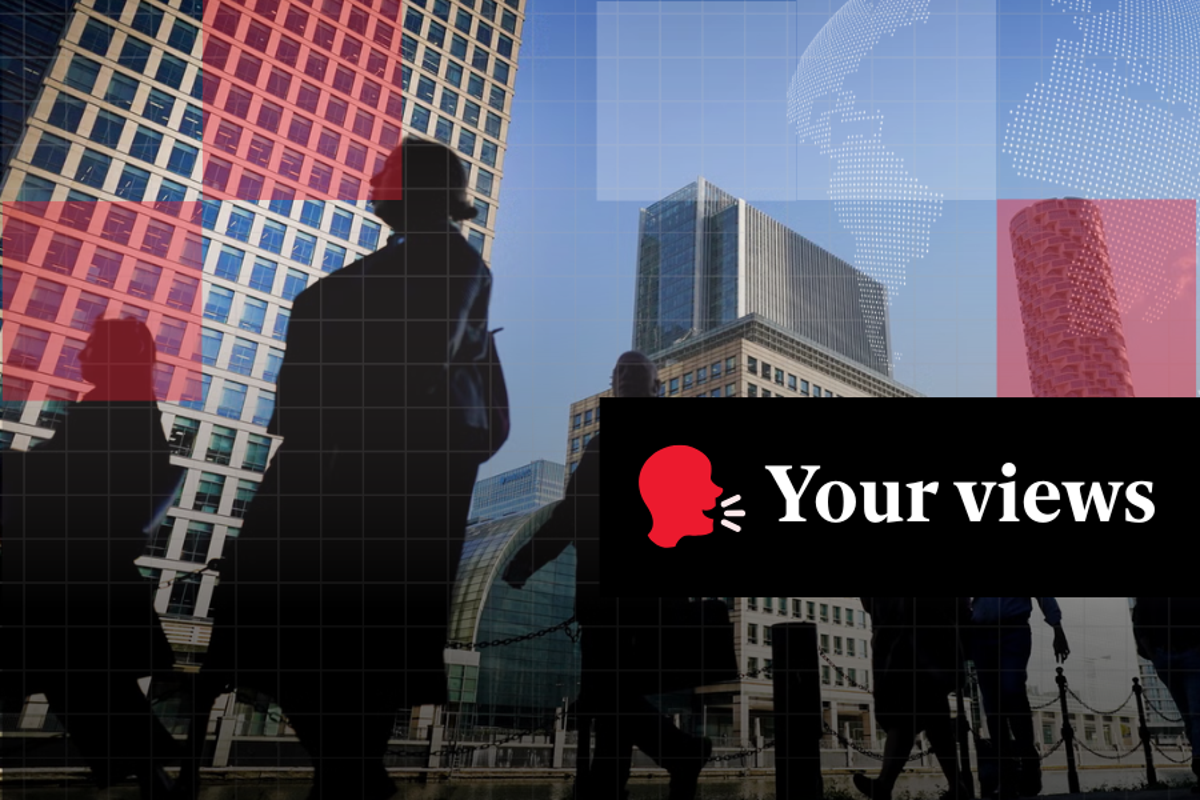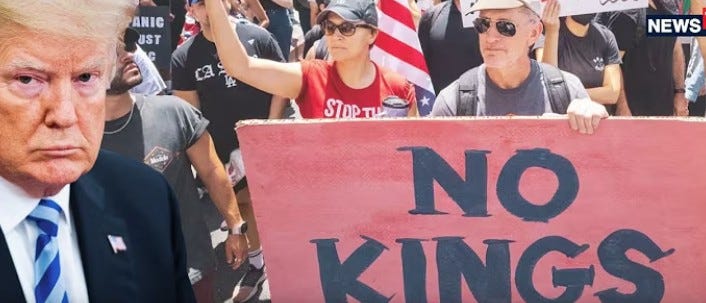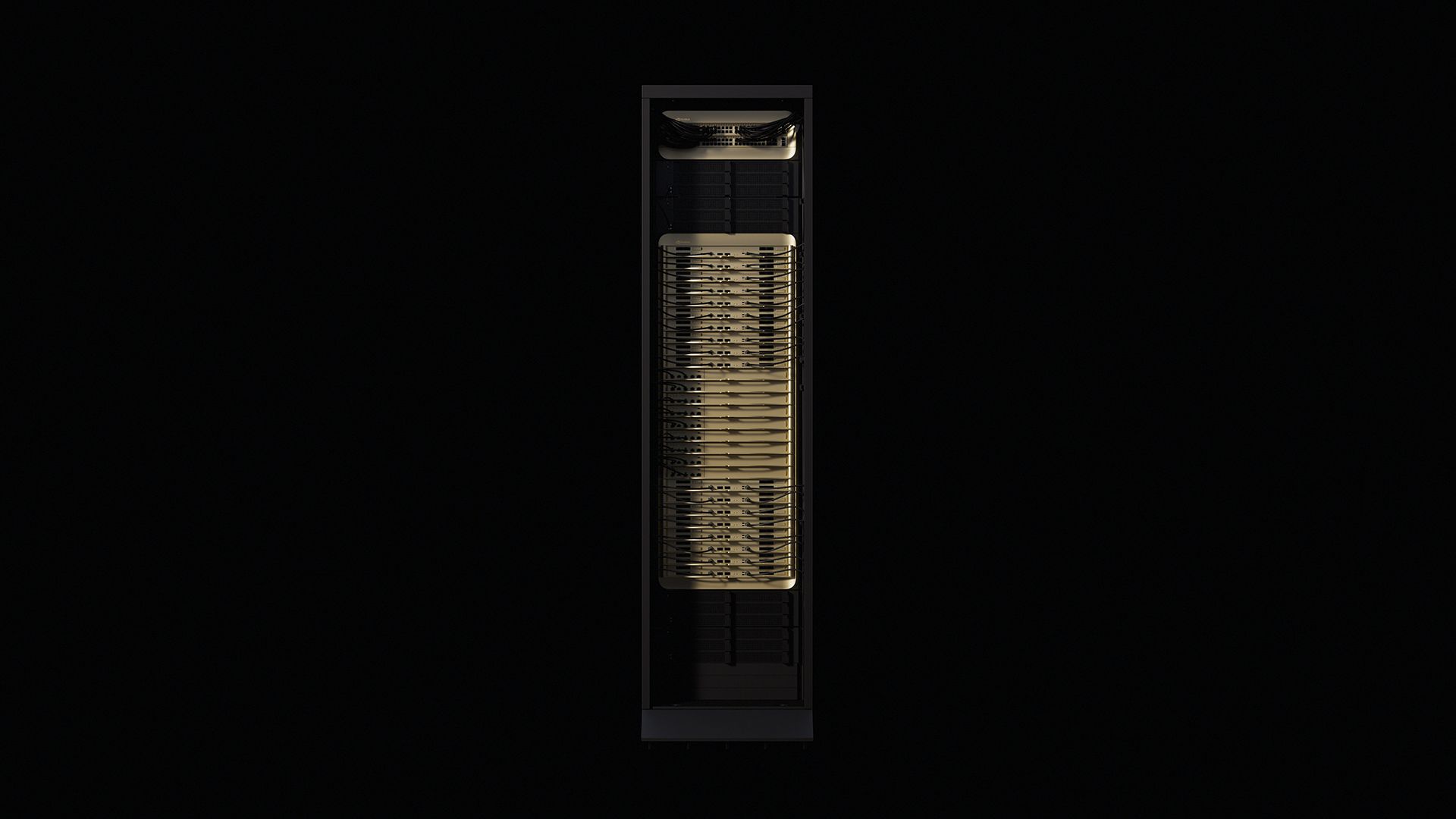Popular thinking says that banks are the key factor in the expansion of credit. However, is this really the case?
For example, take a farmer Joe that produces two kilograms of potatoes. For his own consumption, he requires one kilogram, and lends the rest for one year to a farmer Bob. The unconsumed one kilogram of potatoes that he agrees to lend is his savings.
The precondition for lending is that there must be savings first, as lending must be backed by savings. By lending one kilogram of potatoes to Bob, Joe agrees to give up ownership over these potatoes for a year. In return, Bob provides Joe with a written promise that after one year he will repay 1.1 kilograms of potatoes, the 0.1 kilograms constituting interest.
The introduction of money does not alter the fundamentals of lending. Instead of lending one kilogram of potatoes Joe will first exchange his one kilogram of potatoes for money, let us say for $10. Joe may lend his money to Bob for one year at the going interest rate of 10 percent. Observe that the introduction of money did not change the fact that savings precede the act of lending.
Lending Out of “Thin Air” and Banks
Ordinary lenders will find it difficult to lend something that they do not have. However, things are different once we introduce into our analysis banks.
Joe sells his saved one kilogram of potatoes for $10, depositing $10 with Bank A. Note that Joe shows his demand for money by holding money in a Bank A demand deposits. Joe also could have exercised his demand for money by holding the money in his pocket or at home in a jar or under a mattress.
Suppose that Bank A lends $10 to Bob by taking $10 out of Joe’s deposit. This case is not different from the one when a robber pinches out of Joe’s pocket $10. Remember that Joe still exercises his demand for $10. He has unlimited claim over the $10. This means that whenever he deems it necessary, he is entitled to take the $10 out of his deposit. It is not different when Joe keeps the $10 in his pocket and when he deems it necessary uses the money in his pocket to exchange for some goods.
Also, note that when a robber steals out of Joe’s pocket the $10 this is commonly seen as a violation of Joe’s property rights, which is punishable by law. There is, however, no difference when the bank takes the $10 out of Joe’s deposit without his consent, even though this is not regarded as the violation of Joe’s property rights, since the law accepts it.
One might suggest that the overall economic effect by allowing Bob to spend the $10 rather than Joe might not be that significant if at all. This might be very well the case. However, what matters here is the violation of Joe’s property rights.
In a free market without a central bank, if Bank A takes money from Joe’s deposit without his consent and lends it to Bob, there is likely to be trouble. If Joe and Bob were to decide to withdraw $10 at the same time from their respected demand deposits—i.e., $20 in total—Bank A could not oblige, since it only has $10.
Consequently, Bank A runs the risk of going bankrupt. Hence, in a free market the threat of bankruptcy is likely to prevent banks from lending money taken from demand deposits without the depositor’s consent.
This is possible in the framework of the existence of the central bank. By means of monetary injections, the central bank prevents the bankruptcy of banks that lend depositors money without their consent. Observe that in the context of the central bank, lending depositor’s money without their consent is bypassing the need for consent by means of the monetary pumping.
Consequently, this results in the unbacked by savings lending, or lending out of “thin air.” In this situation, once Bob the borrower of the $10 uses the borrowed money he engages in an exchange of nothing for something. The reason being is because savings do not back the $10—it is empty money. What we have here is $20 that is only backed by $10 proper.
Obviously, such type of lending undermines the production of wealth. Needless to say, the weakening of the production of wealth diminishes the borrowers’ ability to repay the debt.
Credit Out of “Thin Air” Makes Money Disappear
When loaned money is fully backed by savings on the day of the loan’s maturity, it is returned to the original lender. Bob—the borrower of $10—will pay back on the maturity date the borrowed sum plus interest to the bank. The bank in turn will pass to Joe the lender his $10 plus interest adjusted for bank fees. The money makes a full circle and goes back to the original lender. Note again that the bank here is just a mediator, not a lender, so the borrowed money is returned to the original lender.
In contrast, when credit originates out of “thin air” and is returned on the maturity date to the bank, this leads to a withdrawal of money from the economy i.e., to the decline in the money stock. Because there was no saver/lender, this credit emerged out of “thin air.” Using our example of bank making a loan of $10 to Bob, we must realize that the bank took the $10 out of Joe’s demand deposit without Joe’s consent to this. Hence, we have here $20 in demand deposits that are supported by $10 proper.
Joe never agreed to lend the $10 to Bob and he continues to exercise unlimited claim over his deposited $10. When Bob repays the $10, the money leaves the economy since the bank is not required to transfer it to the original lender. There is no original lender here—the bank has created the $10 loan out of nothing.
Credit Out of “Thin Air” Encourages Nonproductive Activities
If banks continue to expand credit out of “thin air,” nonproductive activities continue to expand. Once the continuous generation of credit lifts the pace of wealth consumption above the pace of wealth production, the positive flow of savings is arrested and a decline in the pool of savings is set in motion.
Consequently, the performance of business investments deteriorates, and banks’ bad loans increase. In response, banks curtail lending activities and this sets in motion a decline in the money stock. (Remember the money stock declines once loans generated from credit expansion are repaid and not renewed).
As the fall in the money stock undermines nonproductive bubble activities—i.e., an economic recession emerges. (Note that nonproductive activities cannot stand on their own feet. To support themselves they require the assistance of expanded credit. The credit from “thin air” diverts wealth from wealth producers).
According to many mainstream economists, a severe economic slump, or depression, occurs because of the sharp fall in the money supply. This way of thinking originates from the Chicago school championed by Professor Milton Friedman.
The economic depression is not caused by the collapse in the money stock, but rather the response to the shrinking pool of savings on account of previous easy monetary policy. The shrinking pool of savings leads to the decline in the money stock. We suggest that even if the central bank were to be successful in preventing the fall of the money stock, this cannot prevent a depression if the pool of savings is declining.
Conclusions
To conclude then, banks are mere facilitators of the lending of savings. Banks facilitate the flow of savings by introducing the suppliers of savings to the demanders. By fulfilling the role of the intermediary, banks are an important factor in the process of wealth formation.
Once banks engage in lending activity that replaces genuine lenders/savers, this sets in motion the menace of the boom-bust cycle and economic impoverishment. It is not possible to increase genuine credit without the corresponding increase in savings.














